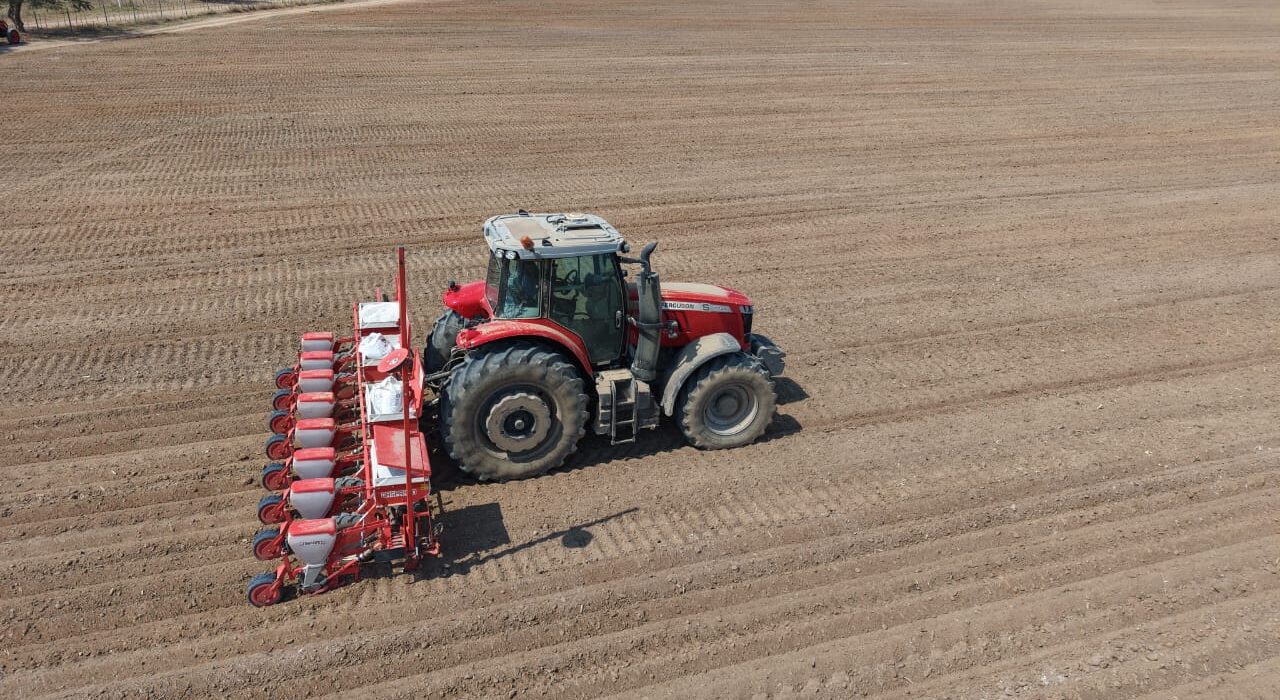Johannesburg, South Africa – Since assuming office in 2017, President João Lourenço has placed economic reform at the forefront of his administration, aiming to break Angola’s historic dependence on oil and reposition the country as a diversified, resilient economy. His program emphasizes fiscal discipline, institutional modernization, and sectoral diversification, with a central objective: turning structural vulnerability into long-term sovereignty.

AfricaHeadline Reports Team
editorial@africaheadline.com
The reforms have reached across the economy, stabilizing inflation, strengthening exchange rate management, improving governance, and creating a more credible business environment for both domestic and international investors.
At the heart of Lourenço’s strategy is a push to expand domestic production and widen the tax base beyond hydrocarbons. By channeling investment into agriculture, manufacturing, and digital industries, the government is laying the foundation for sustainable growth.
Early results are evident: inflation has eased from 18% in 2023 to 14% by mid-2025, Eurobond spreads have tightened by 90 basis points, and non-oil GDP has outpaced oil for nine consecutive quarters. These trends suggest not just short-term gains but structural change in progress, potentially redefining Angola’s economic trajectory for the next decade.
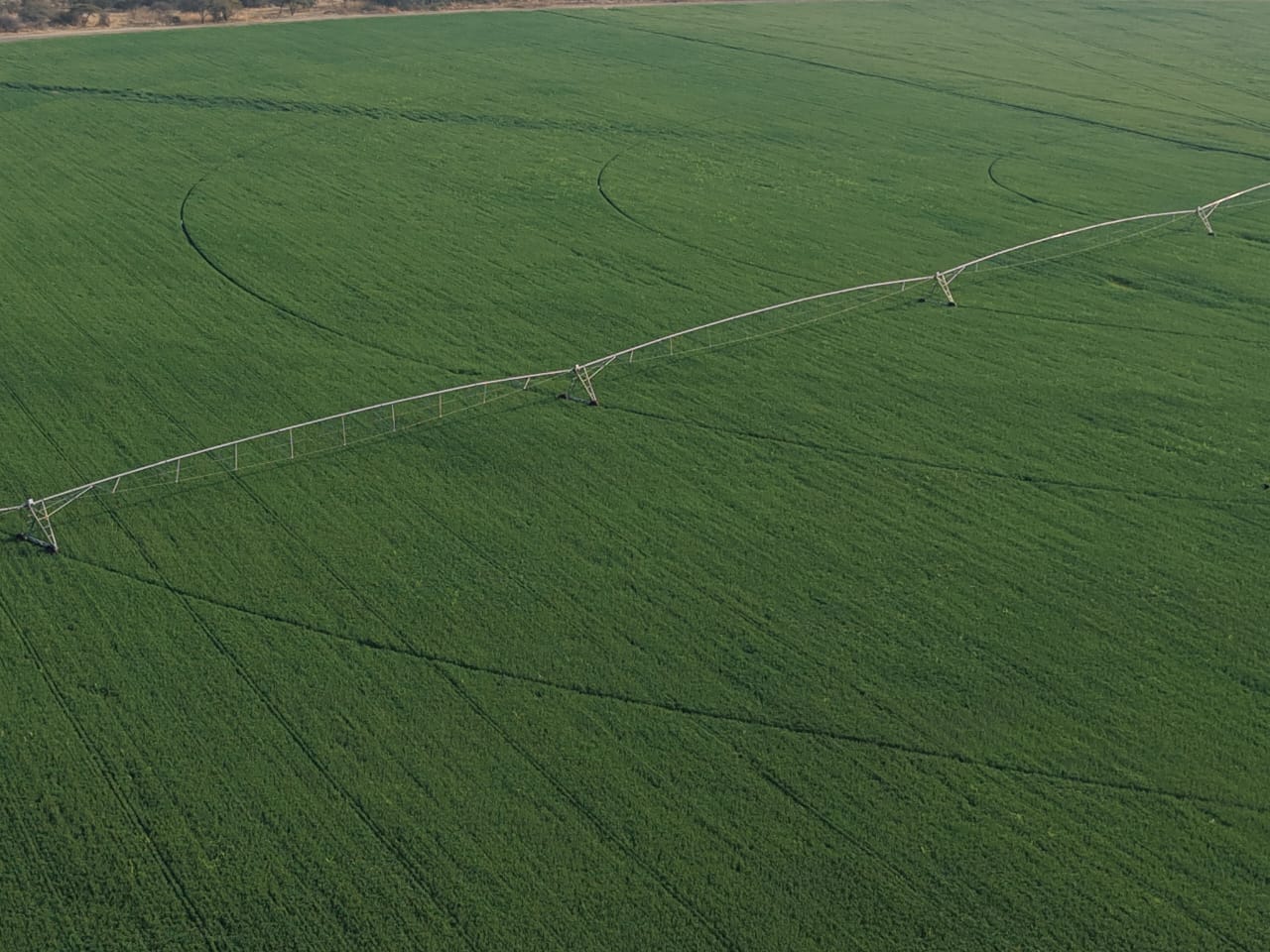
GDP Growth (Q2 2025): +1.08% YoY despite -8.65% in oil.
Non-Oil Sector: +3.43%, led by agriculture (+3.14%), manufacturing (+5.15%), ICT (+38.12%).
Food Import Bill: Down 12% in H1 2025, reflecting stronger domestic production.
Inflation: Fell from 18% (2023) to 14% (mid-2025).
Eurobond Spreads: Tightened by 90bps since early 2024, signaling improved investor confidence.
Capital Flows: Non-oil FDI up 22% YoY, particularly in agribusiness and ICT.
Angola, Africa’s second-largest oil producer, is now redefining its economic model. Once overwhelmingly dependent on crude exports, the country is advancing its de-petrolization strategy, consolidating economic sovereignty through diversification and domestic production.
In Q2 2025, GDP expanded 1.08% year-on-year, despite a sharp 8.65% contraction in the oil sector. The non-oil economy grew 3.43%, with agriculture, manufacturing, and ICT driving expansion. This structural divergence illustrates that Angola’s resilience is no longer tied solely to hydrocarbons.
The new engines of Angola’s economy are anchored in sectors that generate jobs, value-added production, and long-term stability.
Agriculture (+3.14%): Crop output rose 3.7%, helping cut the national food import bill by 12% in H1 2025. Food security is evolving into a cornerstone of Angola’s economic sovereignty.
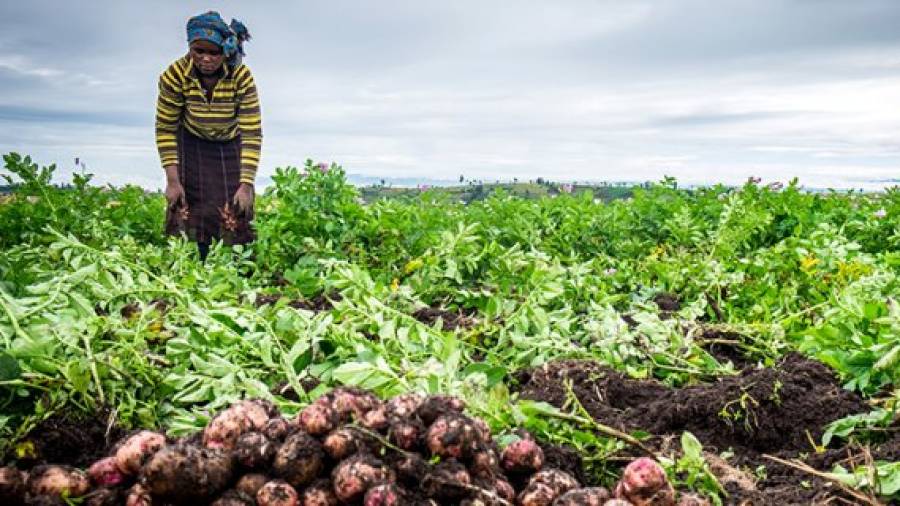
Manufacturing (+5.15%): Growth was led by food processing, cereals, and meat production. Together, these account for nearly half the sector’s contribution to GDP, positioning Angola to build local value chains.
ICT (+38.12%): Internet revenues surged 46%, telecom revenues 38%. ICT is now the fastest-growing industry, providing both fiscal diversification and exportable services.
Services Expansion: Trade (+6.50%), hospitality (+7.99%), and transport (+2.88%) confirm rising domestic demand and consumption-led growth.
Over the past 12 months, non-oil GDP grew 4.2% on average, compared to 2.8% for total GDP. If maintained, oil’s GDP share could drop below 15% by 2027, marking Angola’s deepest structural shift since independence.
This transformation is underpinned by structural reforms led by President João Lourenço. The policy mix emphasizes fiscal discipline, inflation control, macroeconomic stability, and an aggressive drive for national production.
Inflation: Down from 18% (2023) to 14% (mid-2025).
Exchange Rate Stability: Greater predictability allows companies to plan long-term.
Fiscal Resilience: Oil still makes up ~60% of revenues, but the government is working to expand taxation in ICT, services, and industry.
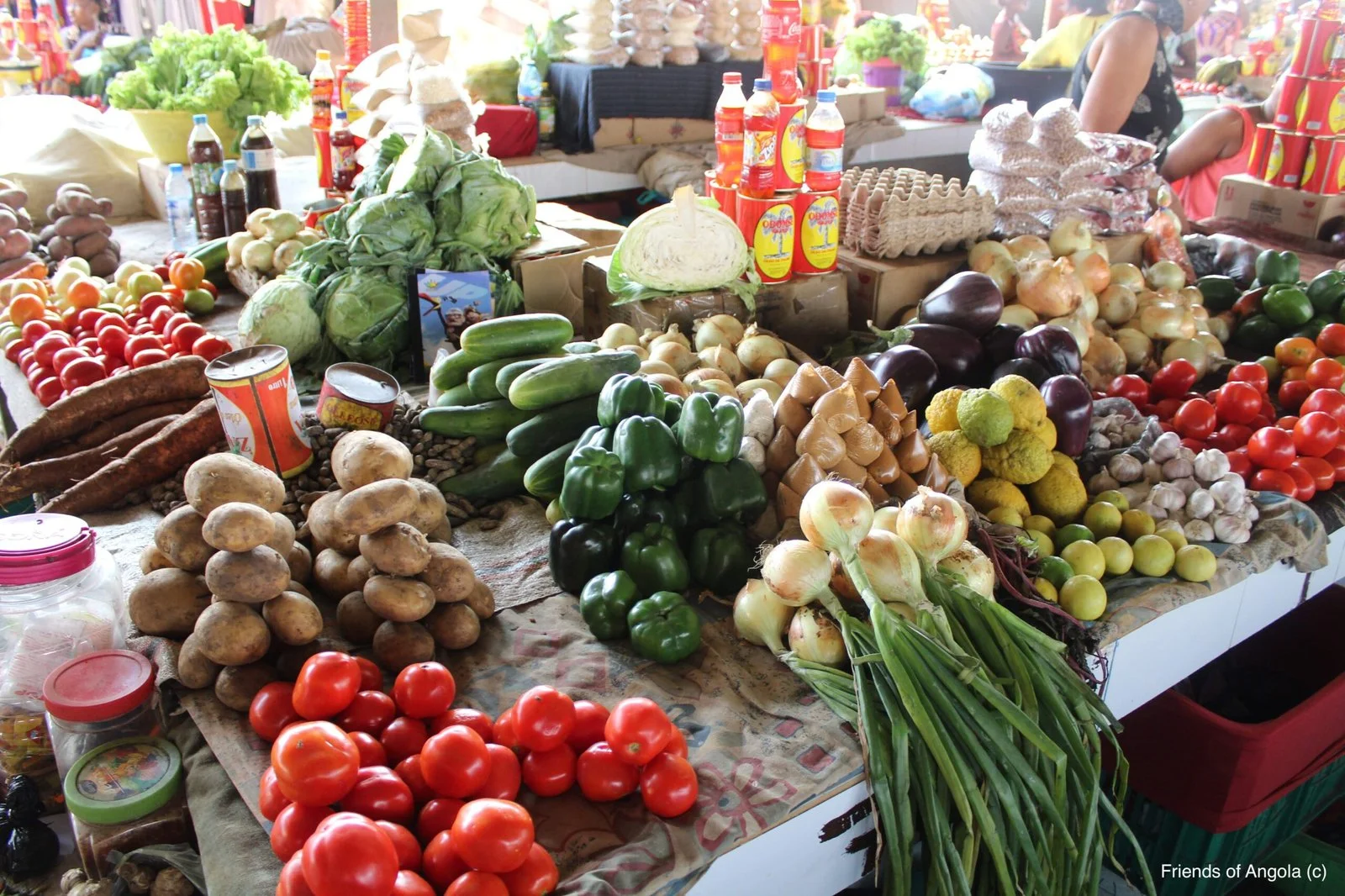
Debt Management: Public debt remains high at ~66% of GDP, but credibility gains have narrowed Eurobond spreads by 90bps since early 2024.
These reforms have boosted Angola’s reputation in global markets, with improved access to international capital and rising FDI.
Last 12 Months: GDP grew 2.8%. Agriculture and services added +0.9pp, offsetting oil’s -1.4pp drag.
Next 12 Months: Oil production expected flat at 1.0–1.1 mbpd, but non-oil growth projected at 4–5%, led by agribusiness and ICT. GDP could reach 3–3.5% growth in 2026, even in stagnant oil conditions.
Risks remain: lower global agricultural prices could squeeze export revenues, while ICT growth depends on rapid infrastructure roll-out. Yet Angola has recorded nine consecutive quarters of non-oil expansion, versus three quarters of oil contraction — a clear break with historical dependency patterns.
Angola’s de-petrolization is redefining its role across Africa and global markets:
SADC & AU: Angola is now a case study in diversification, enhancing its weight as a stabilizing force.
China: Still dominant in infrastructure, but shifting focus toward agriculture and energy diversification.
EU: Sees Angola as a dual supplier for food and energy.
United States: Expands influence via the Lobito Corridor and digital connectivity.
BRICS: Increasingly position Angola as a hub for trade and investment integration.
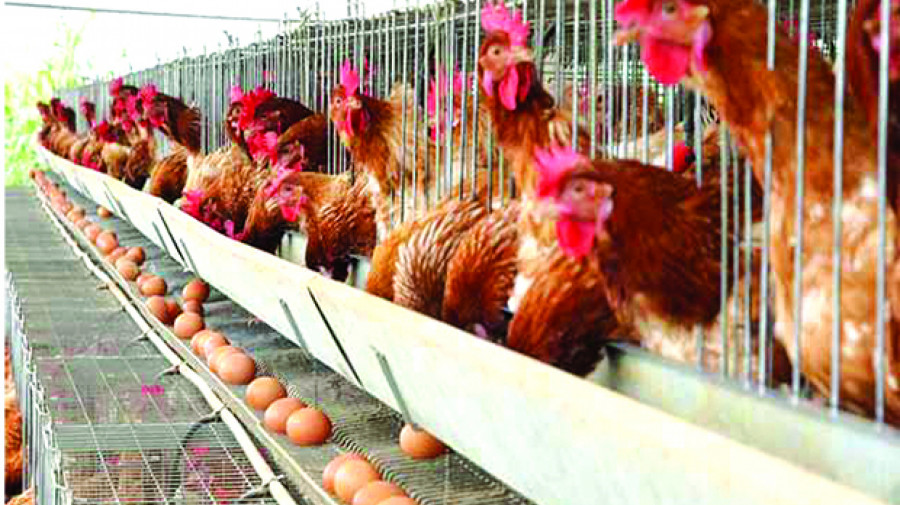
International capital is following the trend. Non-oil FDI rose 22% in 2024–25, while oil-related capital flows stagnated.
Angola’s story is no longer just about oil. Through reforms, diversification, and domestic production, the country is building economic sovereignty — producing what it consumes, diversifying what it exports, and insulating itself from external shocks.
Under President João Lourenço, Angola is turning vulnerability into resilience and oil dependency into a diversification hedge. For global investors, the opportunities are clear: agribusiness, ICT, and infrastructure are emerging as the frontier markets of Angola’s next growth phase.
If momentum continues, Angola could solidify its position as Southern Africa’s most resilient mid-sized economy, offering both growth potential and a diversification play for global capital.




